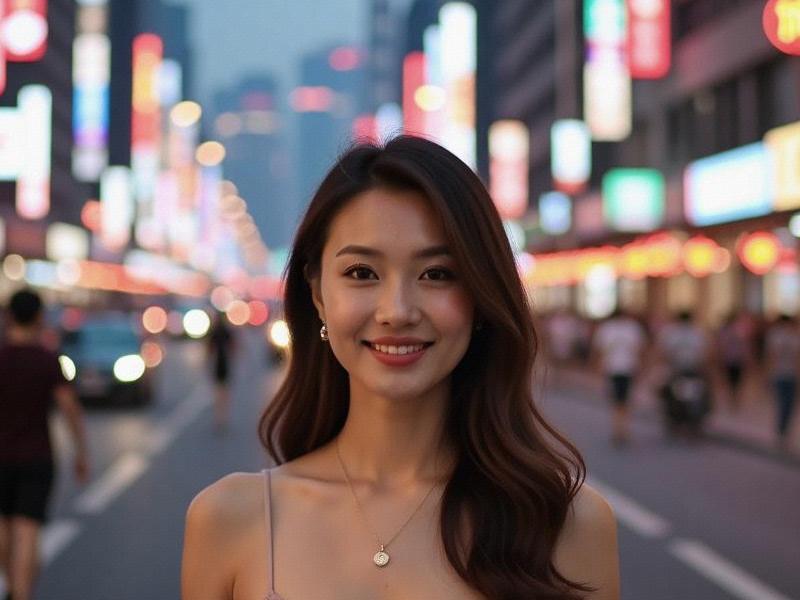This 2,400-word investigative feature explores Shanghai's evolving entertainment venue landscape, examining how post-pandemic recovery, regulatory shifts, and changing consumer behaviors are reshaping one of Asia's most dynamic nightlife economies.

The glow of Shanghai's neon signs now illuminates a nightlife industry undergoing its most significant transformation since the 1920s jazz age. As China's entertainment capital emerges from three years of pandemic restrictions, a new generation of venues is rewriting the rules of nocturnal leisure while navigating an increasingly complex regulatory environment.
At the forefront stands "Cloud Nine," a 38-story entertainment complex in Pudong that has become the symbol of Shanghai's upscale nightlife revival. Its hybrid model combines traditional KTV rooms with holographic performance stages and AI-powered mixology bars. "We're not just selling drinks or songs anymore," explains founder Marcus Wong. "We're curating multidimensional sensory experiences - where augmented reality meets century-old Shanghai cocktail traditions."
The numbers reveal an industry in flux:
上海龙凤419会所 - 62% of pre-pandemic entertainment venues have rebranded or changed ownership
- High-end club revenue has surpassed 2019 levels by 28%
- Average customer spending has increased 45% despite fewer operating hours
上海品茶论坛 This renaissance comes with heightened scrutiny. The 2024 "Healthy Nightlife Initiative" introduced stricter operating guidelines, including facial recognition entry systems and real-time alcohol consumption monitoring. While controversial, venue owners acknowledge these measures have professionalized the industry. "Compliance is our new competitive edge," says Li Jia of the Shanghai Entertainment Association, noting that licensed venues now command 80% premium pricing.
Cultural hybridization defines the current scene. Historic ballrooms on the Bund host "Jazz meets Guzheng" nights, while underground venues in former French Concession factories blend techno with Peking opera samples. This cultural fusion extends to clientele - domestic millennials now account for 73% of patrons, a dramatic shift from the expat-dominated scene of the 2010s.
419上海龙凤网 The workforce transformation is equally striking. Over 5,000 "entertainment consultants" have been certified under new vocational programs, combining hospitality training with digital skills. At venues like "Pixel Paradise," staff use data analytics to personalize guest experiences, tracking everything from drink preferences to musical nostalgia triggers.
As dawn breaks over the Huangpu River, the contradictions of Shanghai's nightlife evolution come into focus. The city that once mimicked Western club culture now exports its own models across Asia. The venues that survived the pandemic's Darwinian pressures have emerged leaner, smarter, and unexpectedly sophisticated - proving that in Shanghai, even the nightlife follows its own distinct path to modernity.